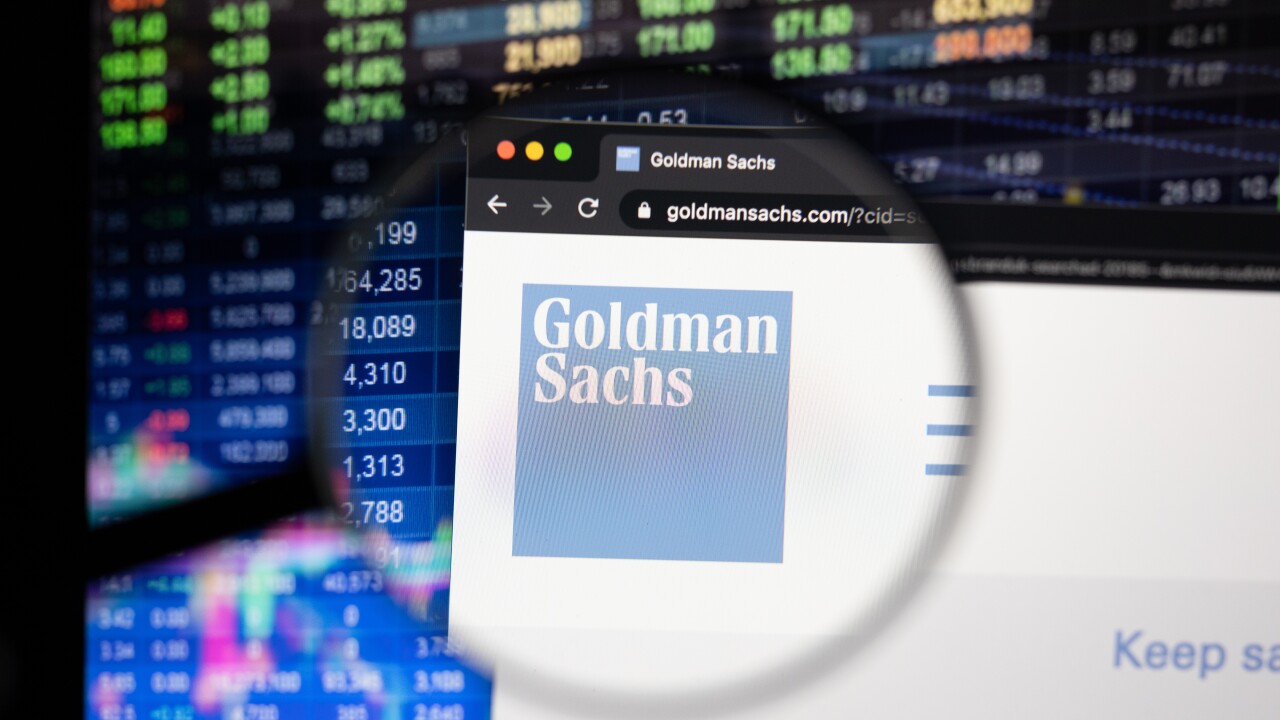
The U.S. is poised to exempt smaller lenders from kicking in extra money to replenish the government's bedrock Deposit Insurance Fund, and instead saddle the biggest banks with much of the bill.
The Federal Deposit Insurance Corp. is planning to release as soon as next week a highly anticipated proposal for refilling its Deposit Insurance Fund,
Smaller lenders with less than $10 billion of assets wouldn't have to pay, said the people, who weren't authorized to discuss the deliberations. There were more than 4,000 institutions under that threshold at the end of last year, FDIC data show.
Depending on the size of their deposit portfolio, some banks with as much as $50 billion of assets could also avoid the payments, which might be spread out over two years or paid at once, two of the people said.
Under the plan, bigger lenders would all face the same fee structure, but could end up having to kick in more money because of balance sheet size and number of depositors, the people said. The riskiness of deposits won't be a factor.
A political battle has been raging over who should be on the hook for refilling the fund after it was depleted by billions of dollars when the government took the extraordinary step of making all SVB and Signature depositors — even uninsured ones — whole. Smaller banks have lobbied hard to avoid paying the so-called special assessment fees, in addition to the contributions that all lenders make to fund quarterly.
The FDIC declined to comment on its plans. Martin Gruenberg, the agency's chairman, has said he would give special consideration to the fee burden on smaller lenders.
The fees, known as a special assessment, won't cover t
The DIF, as the fund is known, is a linchpin of the U.S. financial system as it's used to insure most accounts for up to $250,000. It's refilled by all insured banks paying quarterly fees known as assessments. The amount is based on formulas.
At Signature and SVB, many depositors had millions in their accounts — meaning they were uninsured — and were businesses that desperately needed the cash. The FDIC declared a "systemic risk exception" to use the fund to repay those depositors, in addition to those who would fall under the $250,000.
The FDIC has said that covering uninsured depositors
The move to use the DIF to cover uninsured depositors has jump-started a long-simmering debate over whether the $250,000 cap needs to be raised. On Monday,
Beyond the special assessment that could be proposed next week and the broader overhaul considerations, the agency is also poised to announce changes to the regular quarterly fees that banks have to pay into the DIF. That plan will help blunt any impact from the First Republic to the DIF, the people said.






